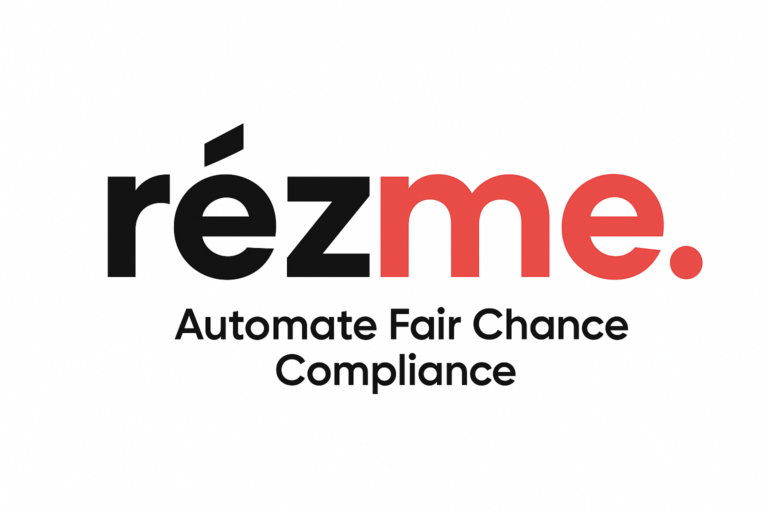2025 Finalist
Rézme

Breaking Down Invisible Barriers to Employment for Justice-Impacted Individuals

The Story of 2025 Finalist Rézme
Breaking Down Invisible Barriers to Employment for Justice-Impacted Individuals
For Jodi Anderson Jr., the path to entrepreneurship began in an unlikely place — a maximum security prison. Incarcerated from ages 15 to 25, Anderson discovered an early college program that ignited his academic journey, leading him first to Cornell University and then to Stanford. It was there, wandering into a startup expo, that he first learned what a startup was — and saw how innovation could be used to impact millions.
That insight became the foundation for Rézme, a compliance software platform dedicated to dismantling the systemic, often invisible barriers that keep justice-impacted individuals out of jobs, housing, and higher education. “There are upwards of 77 million people in the U.S. with some form of criminal record,” Anderson explains. “These barriers are no longer social ones — they’re technical ones, baked into background check systems and HR software.”
Rézme automates fair chance hiring compliance, educates employers on their legal responsibilities, and empowers job seekers to understand and leverage their rights. Anderson’s mission is clear: “We want individuals who have not had ideal experiences in life to be able to capture the economic value their talent deserves.”
The journey hasn’t been without challenges. Last year, the company faced a major pivot after an IP dispute and team turnover. Through the Catapult accelerator, Anderson found critical legal support, strategic mentorship, and connections that helped stabilize and reframe the business. “Catapult supplied us with an army of specialists — product mentors, sales advisors, angel investors — who didn’t just give advice, but rolled up their sleeves and helped us execute.”
Now, with new engineers on board and partnerships with organizations like JPMorgan Chase, Workday, and ServiceNow, Rézme is focused on scaling through marketplace integrations and government partnerships. Anderson is also building AI capabilities into the product, preparing for a future “largely governed by AI and LLMs.”
His advice to other founders considering Catapult: “Pick something really hard. There will be support for you to do it here. And if you persist to the very end, there’s more market share because there’s less competition — most people would rather do easier things.”
As he sees it, the work is both urgent and transformative: “Including these individuals into the economy isn’t just good for them — it’s good for society as a whole.”